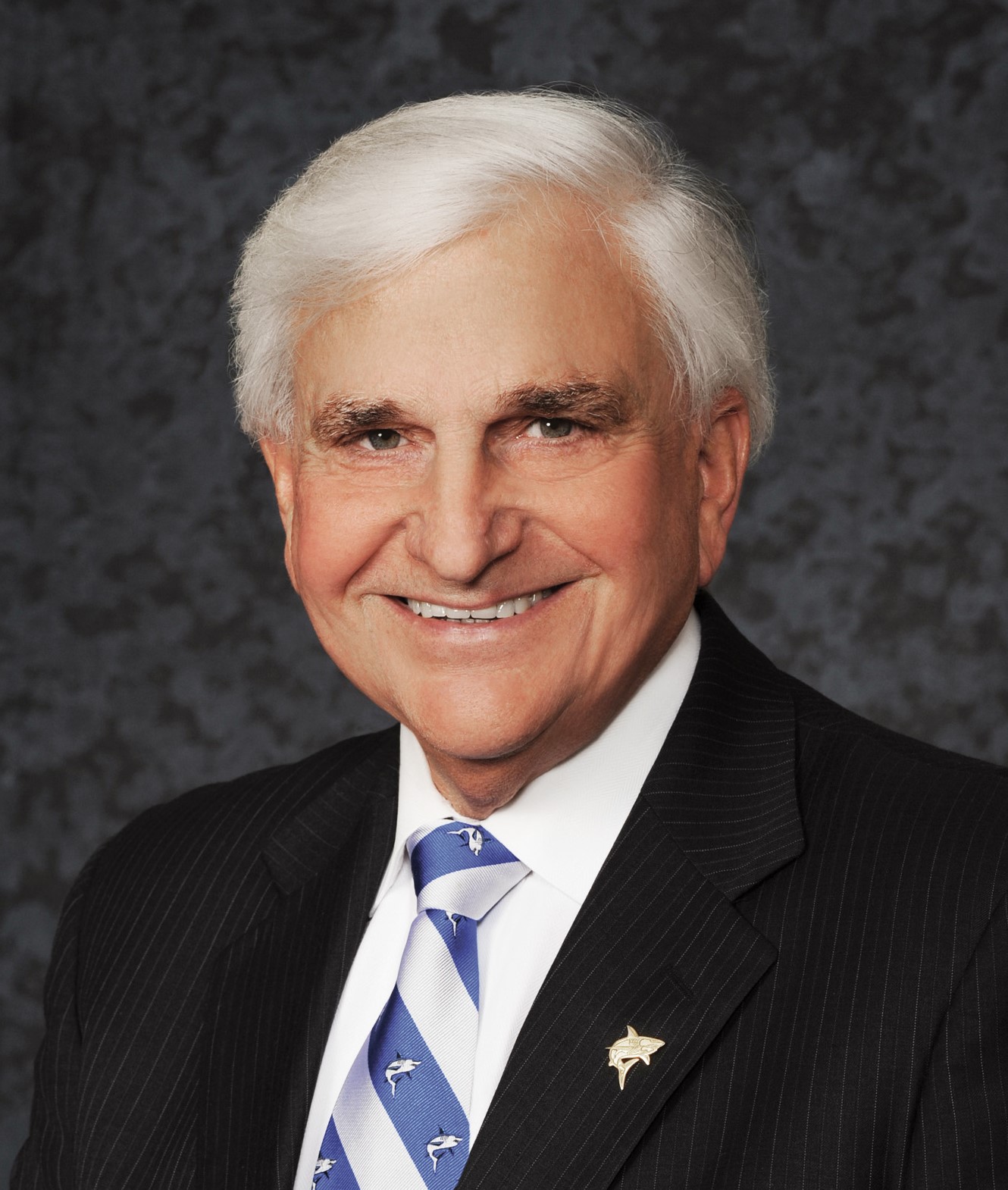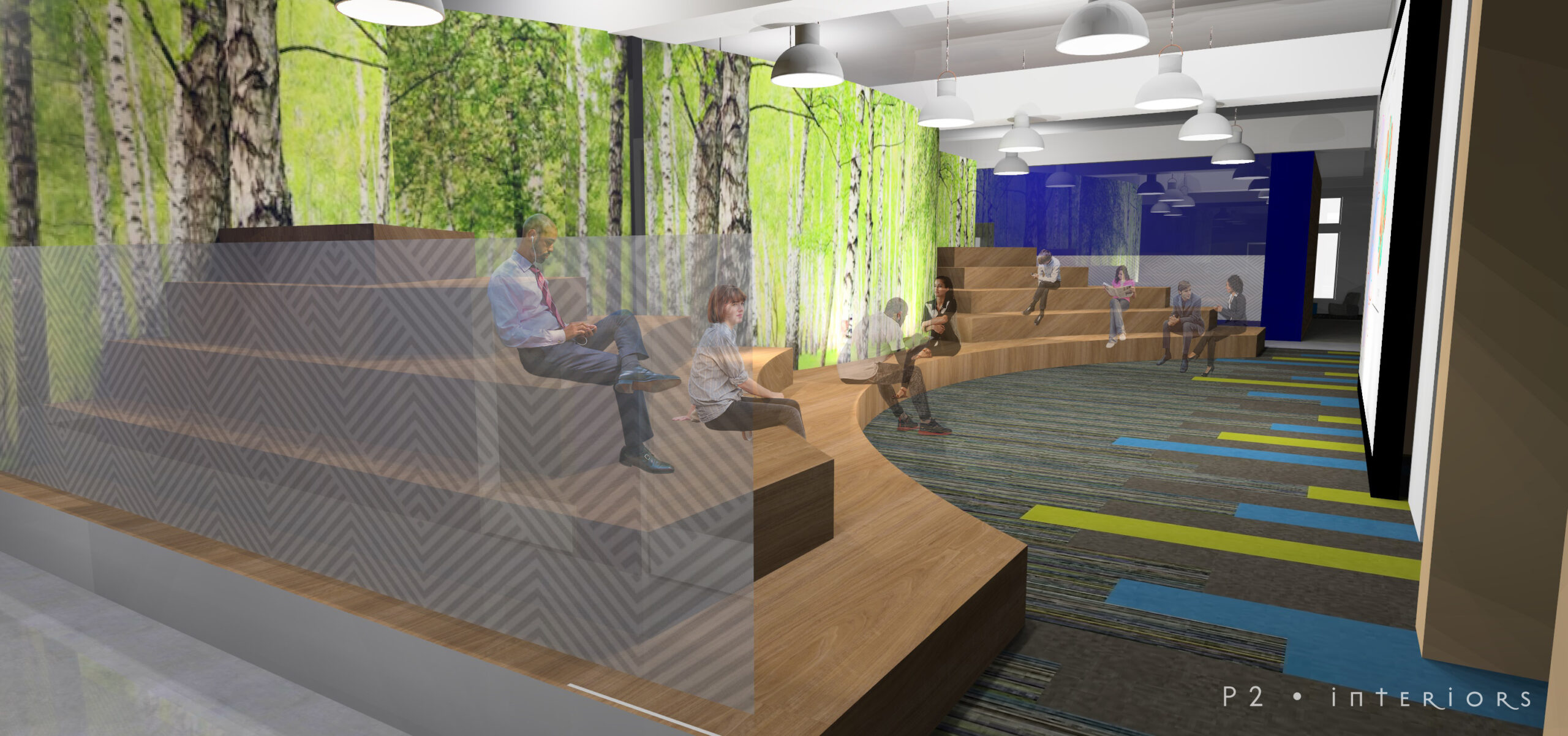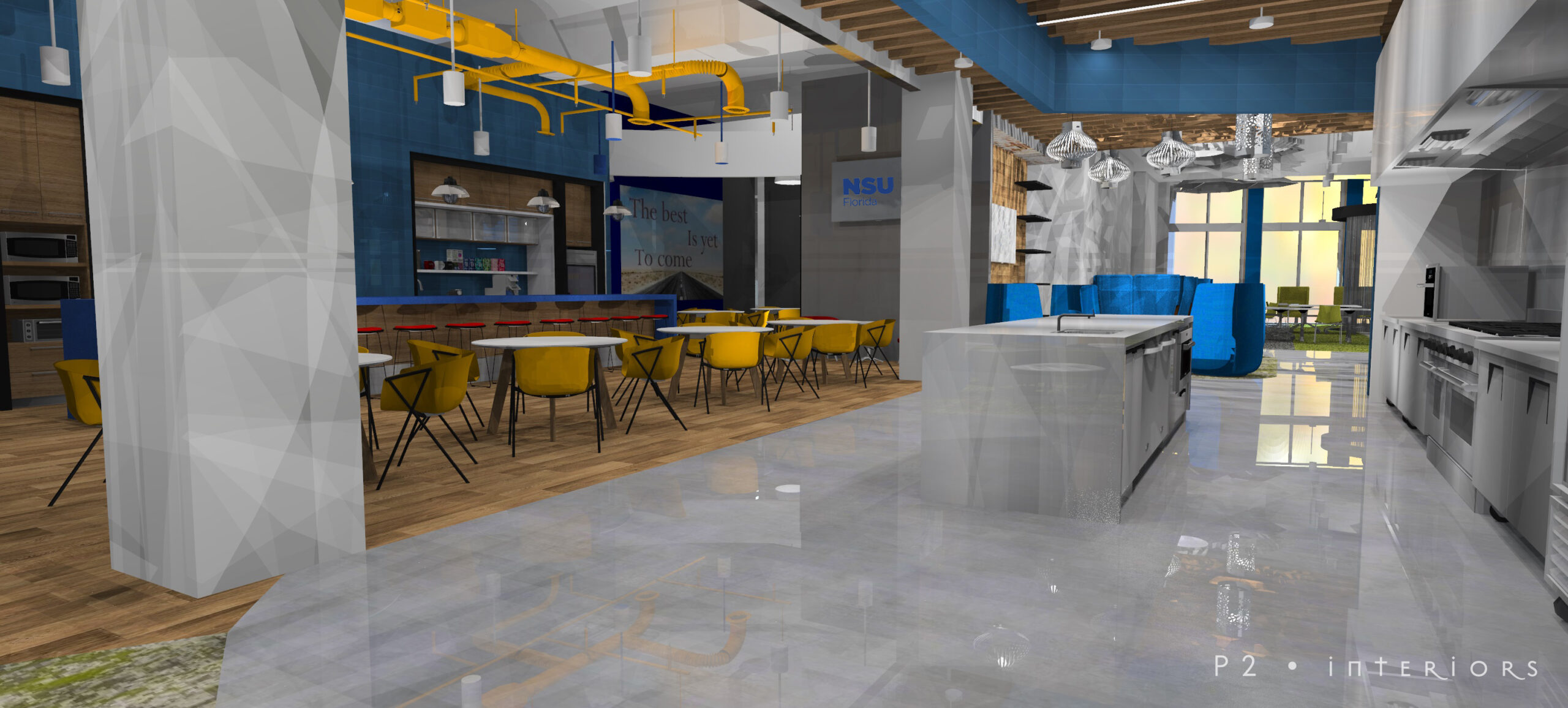 Dr. George Hanbury II is helping build an “Academical Village” in South Florida on the campus of Nova Southeastern University. For a man who doesn’t mind sharing a historic anecdote or two, the reference is significant. Thomas Jefferson did the same back in 1825 on the campus of the University of Virginia.
Dr. George Hanbury II is helping build an “Academical Village” in South Florida on the campus of Nova Southeastern University. For a man who doesn’t mind sharing a historic anecdote or two, the reference is significant. Thomas Jefferson did the same back in 1825 on the campus of the University of Virginia.
A Virginia native who still possesses the same sweet Southern drawl, Hanbury understands vision and mission. As a former city manager in Virginia Beach, Norfolk and Portsmouth, he came to Fort Lauderdale in 1989 to redefine and reimagine its metro area. When he was done, he took on a new challenge: higher education.
Since 1998 and now as NSU Florida’s president, Hanbury has been crafting the future for this dynamic 300-acre campus that serves 22,000 students off University Drive in Davie – just up the road from Hard Rock Stadium. In that time, NSU has become the state’s largest private research university and only one of three in the country to offer both MD and DO medical programs on campus. In two years, it expects to be the nation’s leader in educating physicians.
Some 70% of NSU Florida’s attendees are graduate students and many of its undergrads too are in groundbreaking health-related fields. Innovation is continual on this campus, both on the learning side and in its physical infrastructure. What campus led by a former city manager wouldn’t be? Hanbury, in fact, has overseen the development of numerous projects in creating that village, but maybe the most prominent will be one that is unveiled in July – the Alan B. Levan NSU Broward Center of Innovation.
Boasting 54,000 square feet, it will be a hub he says to “ideate, incubate, accelerate and post-accelerate” and bring together research leaders with community leaders in a massive public-private partnership. This campus centerpiece – a collaboration between Broward County and the university – will be a driver of innovation, technology and entrepreneurship for the region.
“It will be the economic development engine as a hub and spoke to attract venture capitalists, high tech and biotech businesses,” Hanbury says. “It will be the center of innovation, not just for the university, but really for the 2 million people in Broward County and those in Palm Beach and Miami-Dade Counties [about 7 million people]. It is designed to serve the community with breakthrough ideation, new technologies, job creation, skill pipelines, company formation, and the scaling up of early-stage and young startup companies.”
This Center has a perfectly central location – on the fifth floor of the university’s main library. A former storage space that for years housed many hardcopy books and files, it is being completely revamped for the reopening this summer.
“The library is the heart and soul of the university, but it’s also the area where innovation should also occur,” Hanbury said. “It will be a real showcase. When you get off the elevator on the fifth floor of that library, it is going to be a wow effect.”

Transformation on the way
NSU Florida is not the first institution to turn over a portion of its library space to innovation. Colleges and universities – especially where building space is tight – have repurposed floors and conference spaces into everything from digital maker spaces to hubs for esports. But what NSU is doing is different. Because its library has been open to the public since being built (it did so through a 45-year agreement with the county) – and is the only university in Florida to claim that – it will be open for this public-private initiative, too.
Prior to the pandemic, 75% of the library’s usage was from those not affiliated with the university. So, it’s only natural that ideas from the outside now will flow through that fifth floor, too, where meetings between corporations and entrepreneurs can take place and startup ideas can flourish.
“We’ll have programming and training, specialized workshops, seminars, short courses, industry-leading speakers, boot camps, pitch sessions and hackathons,” he said. “By 2025, [NSU] will be recognized as a preeminent health care destination. I’m really proud of how the community has embraced it.”
Led by Chief Innovation Officer John Wensveen, the Center’s Board of Governors includes a cachet of South Florida business and community leaders: Alan Levan (Chairman, BBX Capital Corporation; Chairman and CEO, Bluegreen Vacations Corporation), Bob Swindell (CEO, Greater Fort Lauderdale Alliance), Bertha Henry (Broward County Administrator), Marcell Haywood (CEO, Encompass Onsite), John Machado (CTO, Ultimate Kronos Group), Ron Antevy (President and CEO, e-Builder), Lisa Lutoff-Perlo (CEO, Celebrity Cruises), Jonathan Wolfe (Senior Director, Auto Nation), Javier Villamizar (Operating Partner, SoftBank Investment Advisors), Keith Koenig (CEO, City Furniture), Licenia Rojas (Senior VP and CIO of Global Services, American Express), George I. Platt (Managing Partner, LSN Partners) and Carl Schramm (professor, economist and author).
The plan for the Center was sparked by two ideas. Hanbury candidly recalls an episode of 60 Minutes he saw years ago on the innovation spaces being utilized at the Massachusetts Institute of Technology along a conversation he had with Levan, who mentioned the Chicago Merchandise Mart, a creative gathering spot for international business. The thoughts turned into a venture to create a world-class space to be a hub for other spokes on campus, including its MBA program, the H. Wayne Huizenga College of Business and Entrepreneurship and its medical schools, where innovation has really taken off.
“We’re doing stem cell and cancer research, with neuro-immune disorders from Parkinson’s to Alzheimer’s to autism,” he said. “We’re doing a lot in the spoke area, but the hub will be the Center of Innovation.”
Those spokes are connected by a large dark fiber cable network called Florida Lambdarail, a 100-gigabit fiber optic connection that securely links NSU’s regional campuses, along with 11 other doctoral research universities and state public and private institutions.
“Connecting the dots with dark fiber just seemed to be something that would drive us into the 21st century,” Hanbury says.

The Center and more
The Center of Innovation itself will be largely open-concept, though there are glass-fronted breakout rooms and other spaces that feature unique Skyfold technology walls that can lift open to create larger areas. There will be a room with stadium seating for entrepreneur pitches, maker spaces, a commercial-grade kitchen, and a cybersecurity training range for industry professionals and potential government partners built off-grid.
“We will have that capability for businesses to come and do private secure research on their own cybersecurity and to innovate within that area,” Hanbury says. “It seemed like perfect timing with all of these security breaches.”
Along with its Office of Facilities and Management, NSU Florida has relied on the expertise of architect ACAI Associates, the space and design planning of P2 Interiors and the physical building of JWR Construction Solutions and overall project management by Sharpe Development Projects to overhaul that fifth floor. And of course, the ingenuity of a very humble Hanbury who saw the future for this project very early on.
“City managers are always problem-solvers, just like presidents of universities,” he says. “It’s everything I did when I was a city manager, so really, I’m not doing anything different. We created a vision of where we wanted to go, and we accomplished it.”

While the center will be the showpiece, Hanbury also notes other upgrades that have been happening across the campus since his arrival – the 6 million square feet of air-conditioned labs and classrooms that make it “a far different university from the old Nova.” There are also the $20+ million in updates that have happened since the pandemic, such as the infusion of sound attenuation microphones, cameras and big screens to help its 1,700 faculty members handle whatever remote learning is needed, and bipolar ionization air filtration units in high-traffic areas around its campuses.
“We’ve discovered accidentally, because of the pandemic, a new way of education,” Hanbury says.
NSU Florida has done exceptionally well not only in keeping its COVID cases low – no small feat in a bustling area – but also in keeping achievement high. Hanbury, a self-admitted stickler for “matrices and measurements” says the university did an analysis of test scores from prior to the pandemic to the fall and noticed no difference. The university also had its largest number of full-time undergraduates in its history this fall – a 16% jump in full-time college students.
Everything seems to be falling into place for the new NSU. It had a 10-year goal to get $300 million in research by 2025 and already has reached it. It set out to raise $250 million in philanthropy and surpassed that by $50 millionâ”the largest-ever capital campaign in the county’s history. Its next goal is perhaps its most lofty: to get into the Top 100 on U.S. News and World Report’s national universities list, but one that Hanbury says will happen.
“By 2025, we will be the youngest university in the top 100,” he says. “We created a vision back in 2010 when I became the president, that by 2020, we would be recognized as a premier private, not-for-profit, university of quality and distinction by the accrediting agencies, the academic community and the general public. We have either exceeded or are in progress for close to 90% of those matrices.”
As for how they’ve gotten here, Hanbury says, it comes down to one key factor.
“We’ve had core values to let people know what we stand for what we believe in, and that to get it accomplished, we will not sacrifice these core values,” he says. “Everybody has supported that. Our students talk about it. We want to have values similar to their own, or values that they believe in and would like to see in a university. The success of the university has not only been to measure the matrices of where you want to go, but that we accomplish it with core values that we hold sacrosanct.”

